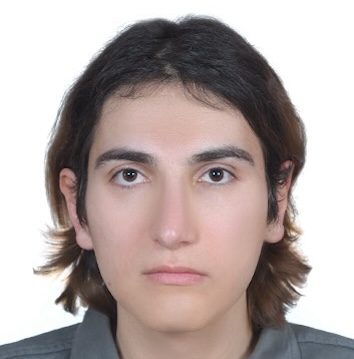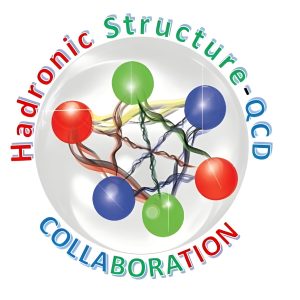Hadronic Structure-QCD
Collaboration
Studying exclusive processes in the realm of stable and exotic matter.


Working Groups
Explore our interests.

Blog
Read about our latest material.

CDN
Link to all of the collaboration publications in one place.

2020
Since

20+
Active Team Members

20+
On going projects

50+
Alumni
Management
Administrative contacts

Kazem Azizi
Head of Collaboration

Apranik Fatehi
Executive Manager
Contact us
Have a question? We have all the answers.
